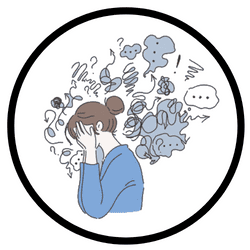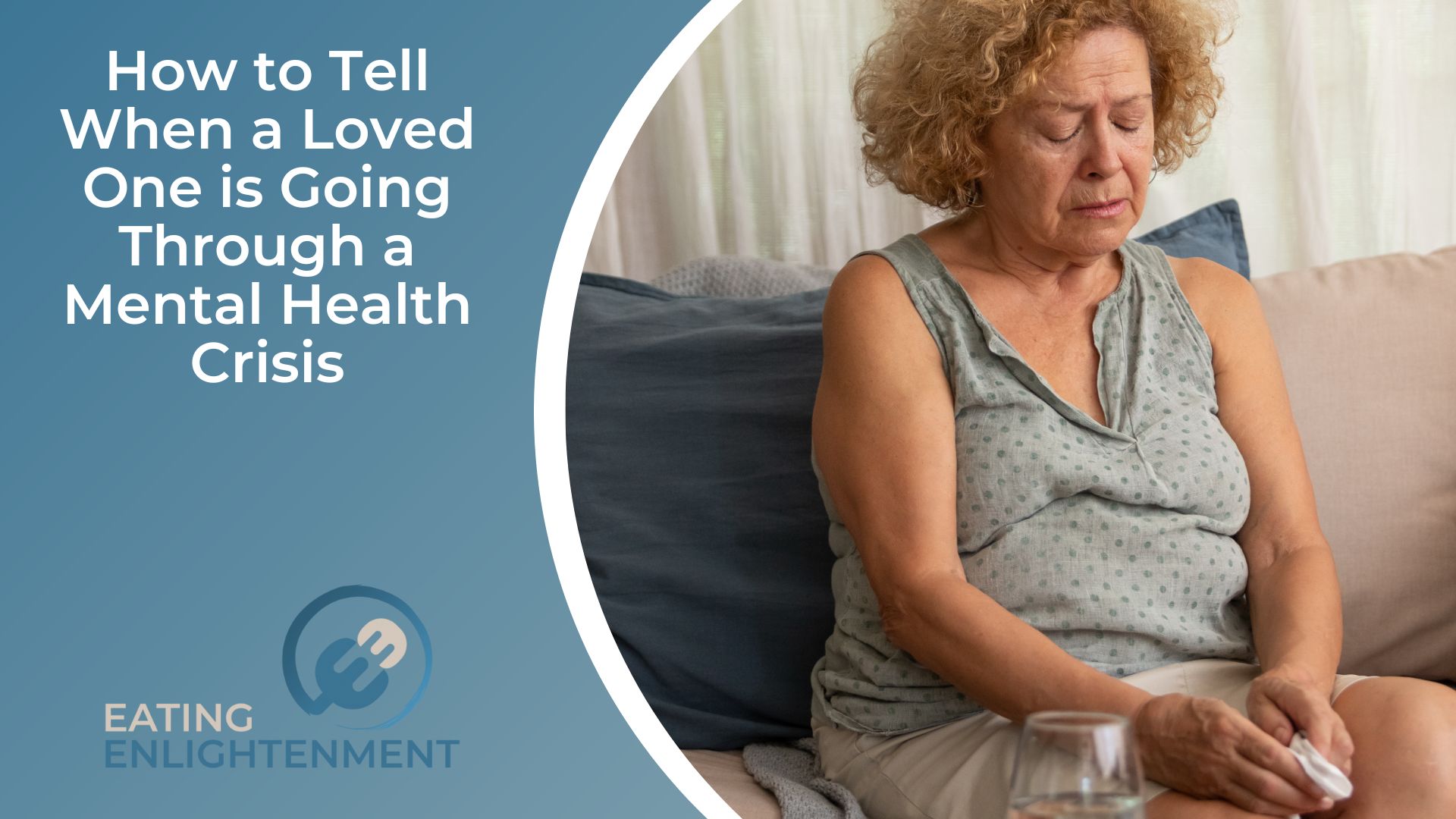It’s never easy to see someone you love going through a hard time. It’s better to spot it sooner rather than later, though, as mental health problems often don’t get better on their own. So, whether you’re worried about your child, parent, friend, or sibling, here are some signs that they are not okay and could use your help.

They Withdraw from Social Situations
It’s common for people with mental health issues to stop attending social events. If your loved one doesn’t show up to get-togethers anymore, that may be a warning sign. If left unnoticed, it could lead to complete isolation.
They Get Angry More
If you’ve noticed more anger from a loved one, it might be because they are struggling mentally. Instead of reacting to it with your own anger, it’s best to take a step back and look at the bigger picture. Let your loved one know you are there for them and that you will listen if they want to talk.
They’re Engaging in Risky Behaviors
It’s common for people with mental health issues (such as bipolar disorder or borderline personality disorder) to engage in risky behaviors. For example, that might mean drinking more, taking illegal drugs, or meeting up with people they don’t know or trust. It might be time to step in if this occurs.
They Self Harm
One of the most apparent signs of a mental health crisis is self harm. This involves physically harming the body, whether that’s through cutting, burning, or not eating. Sometimes, the person who is self-harming will try their hardest to hide this from loved ones.
What Can You Do?
So, what can you do about it? While you can’t cure mental illness, there are some ways to help your loved one get better, including:
Talk Through Treatment Options
Someone going through a mental health crisis usually can’t see a way out. You can be the person who shows them the door or at least helps them find their footing. Once they’re ready, speak through potential treatment options for them, such as counseling or antidepressants.
There are also alternative options if medications or therapies don’t seem to help enough. Residential retreats can be powerfully healing, allowing your loved one to get better in a safe and controlled environment. Some even provide alternative medicine to boost the healing journey. For example, San Diego ketamine treatment can help people overcome depression, anxiety, post-traumatic stress disorder, and other mental illnesses, with research backing up its effectiveness. Talk about these options to your loved one.
Be a Good Listener
You may not be a licensed psychologist, but you can help by listening. Let your loved one know that you are there for them and that you will listen to whatever they are going through. Sometimes, that can be enough to help them open up.
Check-In
You will naturally be worried about your loved one if they’re struggling with mental health issues. One of the best things you can do is check in from time to time. If your loved one lives alone, go to their house to ensure they are doing okay. If you live far away, a simple phone call can help them open up and show them they’re not alone.



